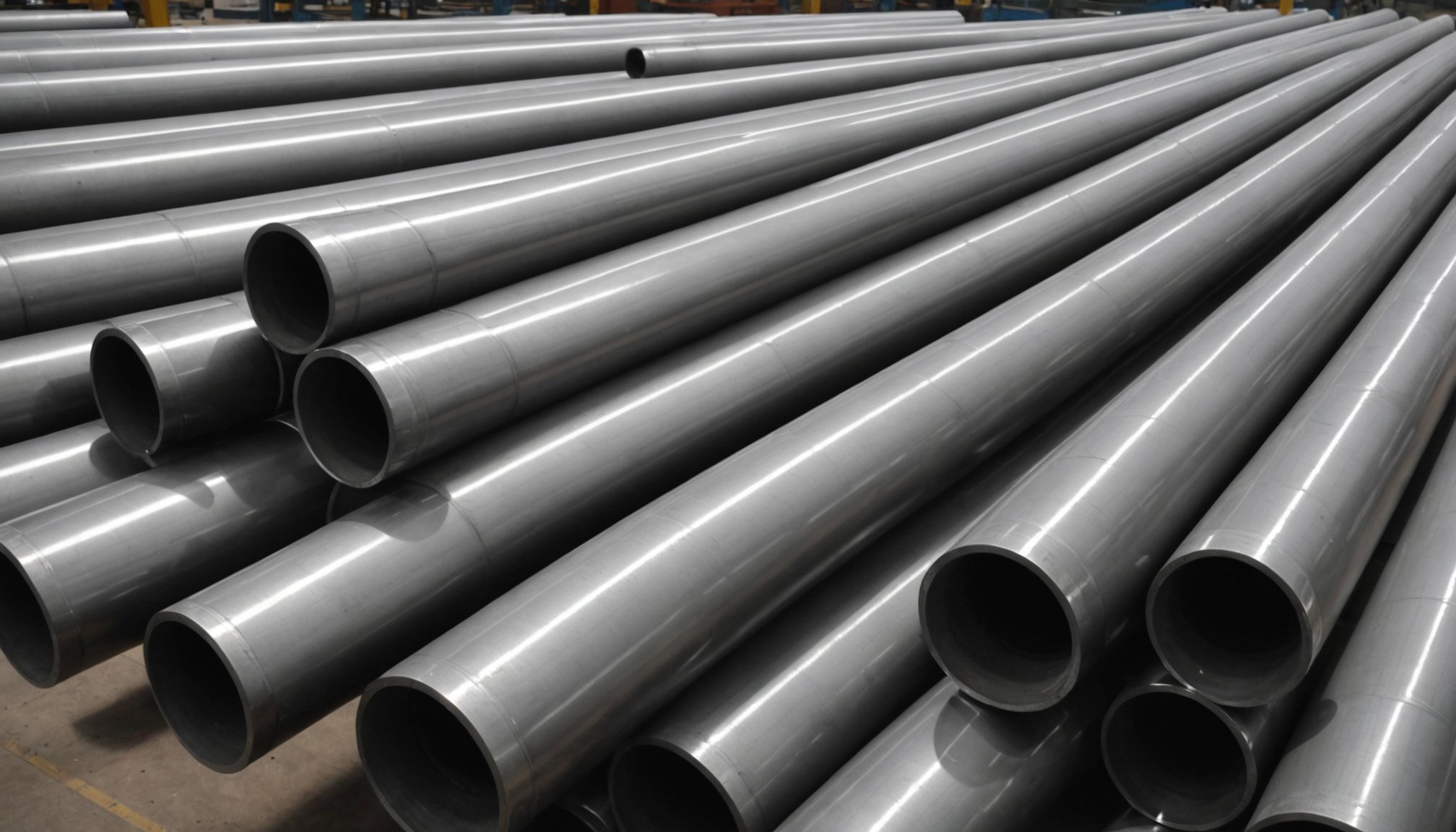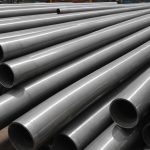Steel tube manufacturers deliver versatile materials essential to industries from construction to custom fabrication. Offering diverse grades, finishes, and precise cutting services, they enable tailored solutions that meet specific engineering and design needs. Their broad product range supports projects requiring mechanical strength, temperature resistance, or aesthetic appeal, powering innovations across commercial, industrial, and domestic sectors.
Overview of Steel Tube Manufacturing and Supply in Industry
understand the role of a steel tube manufacturer in industry is fundamental when exploring this sector. Steel tube suppliers play a crucial part in delivering industrial steel tubes that meet stringent standards of quality and safety. The manufacturing process involves precise seamless steel tubing, which is highly valued for its strength and durability in demanding applications.
Also to discover : Enhancing member interaction: unlocking the potential of mobile apps in uk fitness centers
Key industries such as automotive, construction, and energy rely heavily on these products. For example, seamless tubes are used for hydraulic systems, structural frameworks, and energy pipelines. Production standards, certifications, and meticulous quality control are vital for ensuring these tubes perform reliably under extreme conditions.
A comprehensive understanding of metal tube specifications and tubing content is essential. Manufacturers focus on processes like heat treatment, surface finishing, and dimensional accuracy to uphold industry benchmarks. For those seeking detailed information, this page explains it in detail: understand the role of a steel tube manufacturer in industry.
Have you seen this : Maximizing revenue: innovative personalization tactics for online retailers in the uk
Types, Production Processes, and Material Specifications of Steel Tubes
Steel Tube Manufacturing Technologies and Processes
Seamless steel tubing manufacturing and welded steel tubes fabrication represent the primary techniques for producing industrial steel tubes. Seamless steel tubing manufacturing forms tubes directly from solid billets, providing superior strength and eliminating weld seams, which benefits applications with high-pressure requirements. In contrast, welded steel tubes fabrication uses flat rolled steel, shaped and joined by advanced welding techniques—offering versatility for a range of steel tube sizes and configurations. Tube manufacturing processes today feature precision steel tubing using automation and robotics to ensure tight dimensional tolerances and reliable tube structural integrity.
Material Grades and Alloy Types
A comprehensive range of steel tube specifications caters to diverse industrial needs. Most steel tube supplier inventories cover classic grades like carbon and stainless steels, alongside modern alloy steel tube types. Stainless steel tubing production delivers strong corrosion-resistant tubing, vital for food, medical, and chemical sectors. Alloy steel tube types permit tailored combinations for high-strength steel tubes, balancing toughness, flexibility, and durability per industry-specific requirements.
Standard Dimensions, Tolerances, and Design Features
Steel tube dimensions and grades are standardized, supporting predictable performance in manufacturing and assembly. Tube sizing and tolerances are closely monitored through steel tube quality control and rigorous industrial tube testing and inspection. Additional tube design for machinery often involves specialized finishes—such as galvanized, chrome-plated, or heat-treated steel tubes—to boost corrosion protection and enhance mechanical properties.
Applications, Industry-Specific Solutions, and Market Trends
Industry Applications and Sector-Specific Use Cases
Steel tubing applications in construction revolve around supporting critical load-bearing structures—scaffolding, beams, and architectural elements. Structural integrity is achieved through high-strength steel tubes and precise tube sizing and tolerances, allowing for safe large-scale development. In the automotive industry, steel tubes play a foundational role, especially in axles, chassis frames, and hydraulic systems, where precision steel tubing ensures safety and durability for demanding operational cycles.
When it comes to the energy sector, tubing for energy sector projects must comply with stringent industrial tubing standards due to exposure to harsh conditions in pipelines and wind turbines. Here, corrosion-resistant tubing and seamless steel tubing manufacturing are priorities. These requirements also extend to oil and gas, where tubing must meet reliability benchmarks for pressure and safety.
Customization, Supply Chain, and Logistical Considerations
Custom steel tube solutions require flexibility in dimensions, alloy steel tube types, and unique surface finishes to address distinct industrial needs. Efficient supply relies on steel tube inventory management that prioritizes rapid delivery, while compliance with industrial tubing standards instills customer confidence in tube quality control and traceability.
Market Trends and Innovations
Market evolution highlights lightweight steel tubing and sustainable manufacturing, such as recycled steel tubes and energy-efficient tube manufacturing. Global suppliers adapt to these trends by pursuing innovation in corrosion protection methods, adjusting pricing in line with demand, and responding with custom steel tube solutions tailored for new applications.



